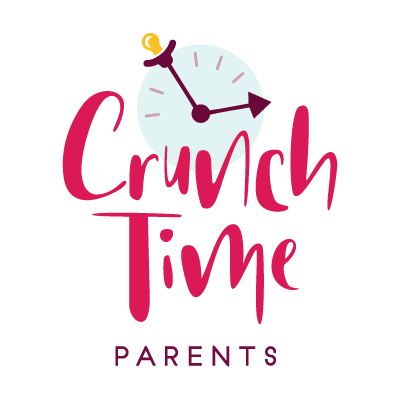Fertility Ed: Does It Stand a Chance?
/We’ve said it before but here we go again: Women (and men too) know surprisingly little about how our bodies work, procreatively speaking. Sure, we’ve got the basics down, but that’s about it. Along the way we tend to pick up a few more clues than we learned in our first awkward convo with our parents about the birds and bees . But not that many more clues.
Unless we’re medical professionals or biologists, chances are we’re out of luck.
As one study pointed out, less than half of American women and even fewer men who recently graduated from college have any concept of when fertility might start to decline. Shocking? Yes. It should be.
Now, a more recent poll conducted for the American Osteopathic Association shows that less than a third of adults know that fertility starts to decline with age. In that poll, 39 percent of women who waited until after 35 to have kids say they would have tried sooner if they’d known that pregnancy gets harder the longer you wait. The stats on exactly how much more challenging it becomes to get pregnant, and exactly when it starts getting harder, are controversial and often misleading, and they vary by individual and based on all kinds of factors. But the overall trajectory is not a controversial point.
Crunch Time Parents supports the freedom of women to have babies only if and when we decide to, using whatever method we choose, from natural conception to advanced reproductive technologies, in whatever way makes sense for us and our bodies. But if we decide to wait, and to opt for methods other than natural conception, we should do that because that’s where our own lives and choices lead us, not because we weren’t informed about our options in time to be truly empowered to make our own decisions.
Doctors, especially gynecologists, should make sure adult women have the information they’ll need when they’re ready to start thinking about whether they want to have kids, and if so when, and how.
The last time we wrote about this topic, a commenter wrote in to say:
“I really like this idea of a doctor incorporating fertility peaks and declines into his/her discussion of sexual activity with his/her patients (both male and female!). It shifts these discussions from ‘taboo’ sex, to making sex a part of how you envision your future, and attain your goals of children or not.”
That’s a great point, in a country where sex education is always embattled (schools in fewer than half of the states offer it), and even when it’s offered the curriculum is of dubious merit. Doctors are better positioned to be able to talk about sex outside the realm of “taboo.”
Another commenter wrote, “One question: How can clinicians in the OB-GYN field be influenced to provide the kind of even-keeled information you're talking about?”
Excellent question. Any OB-GYNs out there willing to weigh in?
Photo courtesy of Luke Michael, via Photo by Luke Michael on Unsplash.



















